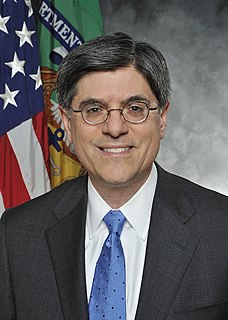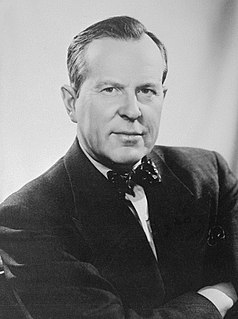A Quote by Franklin D. Roosevelt
Too often in recent history liberal governments have been wrecked on rocks of loose fiscal policy.
Related Quotes
By far the most numerous and most flagrant violations of personal liberty and individual rights are performed by governments... The major crimes throughout history, the ones executed on the largest scale, have been committed not by individuals or bands of individuals but by governments, as a deliberate policy of those governments-that is, by the official representatives of governments, acting in their official capacity.
A wide range of possible fiscal policy tools and approaches could enhance the cyclical stability of the economy. For example, steps could be taken to increase the effectiveness of the automatic stabilizers, and some economists have proposed that greater fiscal support could be usefully provided to state and local governments during recessions.
For most of human history, the main goal of states has been to conquer land and to achieve glory for their rulers, usually at others' expense. Then in recent decades it was all about GDP. It's only in very recent history that rulers have been willing to commit themselves to helping their citizens live happier lives.

































